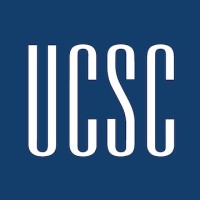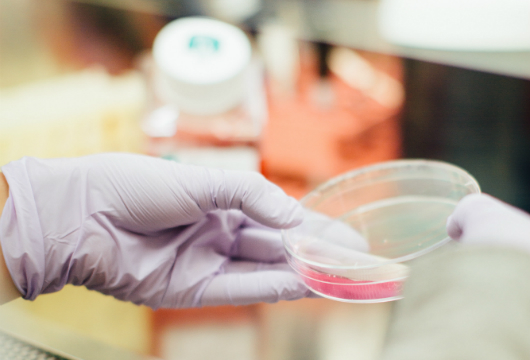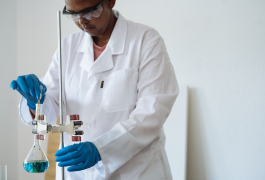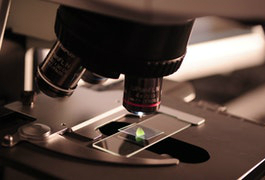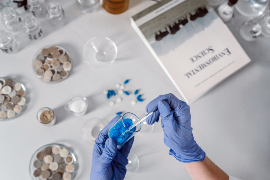Minor in Chemistry
UC Santa Cruz
Santa Cruz, CA
Chemistry is central to modern science and, ultimately, most phenomena in biology, medicine, geology, and the environmental sciences can be described in terms of the chemical and physical behavior of atoms and molecules. Because of the wide appeal and utility of chemistry, UCSC offers many lower-division courses, differing in emphasis and style, to meet diverse needs. Students should also note the numerous upper-division course offerings and select those most suitable to their academic interests.
Learning Experience
The curriculum in chemistry exposes the student to the principal areas of modern chemistry, including organic, inorganic, physical, analytical, materials, and biochemistry. The curriculum is designed to meet the needs of students who plan to end their formal education with a bachelor of arts (B.A.) or bachelor of science (B.S.) degree, as well as those who wish to continue on for an advanced degree. The UCSC Chemistry B.A. or B.S. graduate will be trained in modern chemical techniques and exposed to state-of-the-art chemical instrumentation. Such a student will be well-prepared to pursue a career in chemistry or an allied field.
Study and Research Opportunities
B.A.; B.S. and B.S. with concentration in biochemistry; undergraduate minor; M.S.; Ph.D.
Undergraduate research opportunities, both within traditional research lab courses and through independent study.
Chemistry students may be eligible for research scholarships and/or scholarly meeting and conference travel awards.
Completing a thesis is an opportunity, open to all undergraduate students, to do cutting edge research in collaboration with graduate students, postdocs, and faculty in a team setting, often leading to co-authorship in journal publications.



